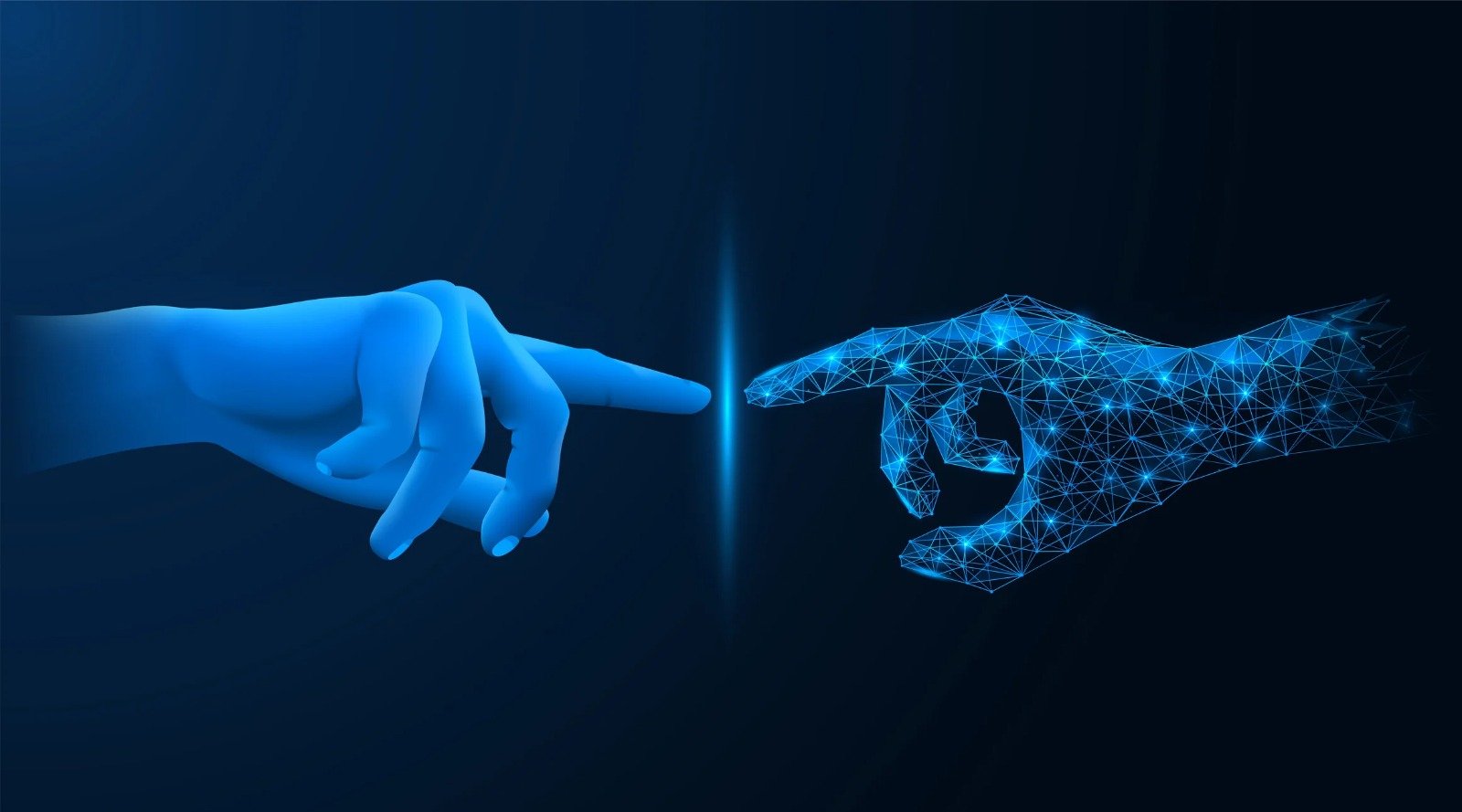In the era of rapid technological advancement, the intersection of artificial intelligence (AI), ethics, and development has become a focal point of global discourse. While AI holds immense potential as a catalyst for unprecedented development, its ethical implications cast a shadow on this progress.
On one hand, leaders and innovators herald AI as a powerful force driving economic growth and innovation in the 21st century. Governments and industries worldwide are investing heavily in AI research and development, leveraging its capabilities to streamline processes, enhance efficiency, and push the boundaries of what’s possible. However, the transformative power of AI also brings forth a myriad of ethical concerns that demand serious consideration.
One of the primary ethical quandaries centers around the responsible use of AI. As AI algorithms become increasingly sophisticated, there is a growing risk of bias, discrimination, and unintended consequences. The development and deployment of AI systems without proper ethical guidelines may exacerbate existing social inequalities, infringe on privacy rights, and compromise the principles of fairness and justice.
Moreover, the clash between AI and ethics extends to issues such as deepfake technology, cyber threats, and data privacy breaches. The potential misuse of AI by malicious actors, including terrorist organizations, raises alarm bells and necessitates robust countermeasures to safeguard against unintended consequences.
In response to these challenges, global leaders are recognizing the need for a harmonious coexistence of AI, ethics, and development. Initiatives like India’s proposal for a Responsible Human-Centric AI governance framework during its G20 Presidency underscore the importance of establishing international agreements and protocols. The emphasis on ‘AI Principles’ in declarations like the G20 New Delhi Declaration signals a commitment to ethical considerations in the development and deployment of AI technologies.
Balancing the scales between AI-driven development and ethical concerns requires conviction, commitment, coordination, and collaboration on a global scale. Striking this delicate balance is not just a matter of technological prowess but also a question of preserving our shared values and protecting humanity from potential harms.
As we navigate the clash of AI, ethics, and development, the imperative is clear: a collective effort is needed to steer the course of AI development towards an ethical and inclusive future. Only by embracing a holistic approach that values both technological progress and ethical considerations can we ensure that AI becomes a force for good, contributing to the betterment of society while safeguarding our shared values and principles.
